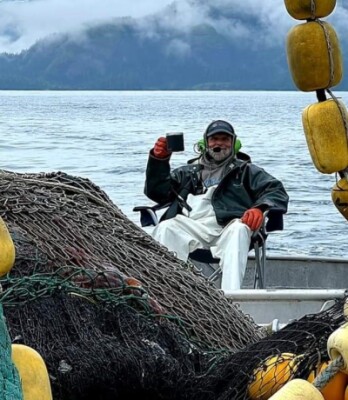When people urge the removal of dams they say are strangling rivers in the West, it’s usually fish they’re worried about. Studies of dam-removal projects show that migratory species like salmon respond quickly to improved conditions once a dam is removed.
But the removal of a dam on the Elwha River in northern Washington State — the largest such project in the United States — is demonstrating that there can be another beneficiary: the beach.
The Elwha runs northward to the Strait of Juan de Fuca, which separates the United States and Canada, just west of Port Angeles, Wash. The removal of the Elwha and Glines Canyon dams, which was begun in 2011, was finished last summer.
By then, scientists from the United States Geological Survey, the National Park Service, the Lower Elwha Klallam Tribe and other organizations and agencies could see not just that the flow of water had been altered, but also that immense amounts of sediment were heading to the coast and accumulating at the river’s mouth.
Read the full story at the New York Times >>
Read more about West Coast salmon >>






